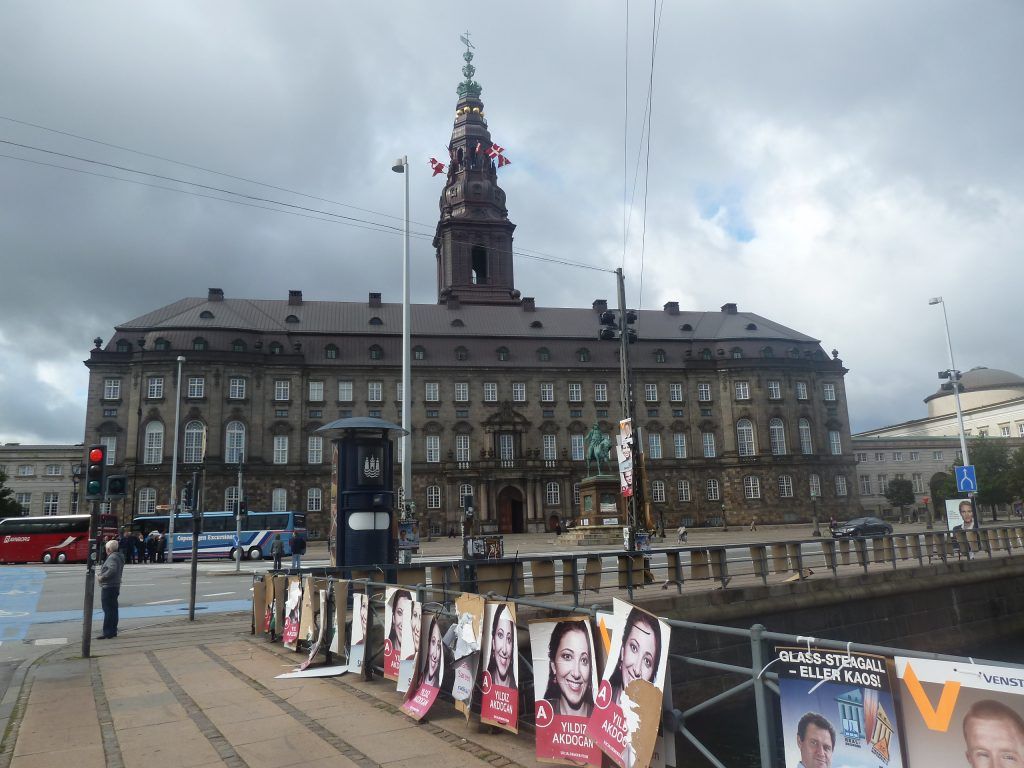When it comes to regulating elections, Denmark has long been recognised as an unlikely leader in the field.
When the Ecanvasser team began exploring Denmark as a sales geography, we were intrigued by some of the unique features of the Danish electoral system, which consistently result in voter turnouts above 80 percent – a level that would be unthinkable in many other democracies.
What is it that this Scandinavian country of less than 6 million citizens does differently – and what has caused a research group from Harvard University and the University of Sydney to name its electoral process the “best in the world”?
Here are five things we’ve noticed:
Campaigns are limited to three weeks
The last US presidential election campaign lasted almost two years and still resulted in a relatively dismal voter turnout of just 55.7 percent. As the Danish experience demonstrates, less is usually more.
Election campaigns in Denmark are limited to just three weeks. That may seem short, but politicians we have spoken to across the political spectrum says that it’s more than enough time to articulate key policy points and debate rivals.
No TV ads (they’re banned)
In many ways, Denmark is the antithesis of the United States, where super PACs and mega fundraisers have turned national politics into a big money game.
Denmark has long recognised that financial wealth can give some candidates an unfair advantage over others. Banning political TV ads (which research has linked to lower voter turnouts) is one way in which Denmark has sought to create a more level playing field through regulation. Most campaign dollars are instead spent on relatively low-budget expenses such as leaflets, social media campaigns and posters.
Voting is a cultural value and voters don’t have to register
Danes we spoke to from all over the country told us they feel duty-bound to vote without anybody really forcing the feeling upon them. It’s a generational thing, they told us.
Take Emil Nielsen, a welder from Ørestad in Copenhagen who is active in grassroots campaigning. He says that his political activism “isn’t the reason” for his belief. “If I told my father that I hadn’t voted, even if voting would have involved missing work, he would not be pleased!” Asked why, he explains that “Denmark is a small country, although we feel very connected to our European partners. There’s a feeling of mutual responsibility here – that we are responsible for our own fate.”
And it’s more than just a feeling. Proportional representation, combined with the country’s small population, means that each vote really does matter. Additionally, voters living in Denmark do not have to register in advance of an election.
Competition can be fierce – and elections are issue-based
In a country as small as Denmark, political allegiances tend to matter less than what a party, or candidate, is promising to achieve and do for the country.
Campaigns, although short, are often fiercely competitive – and success can come down to a couple of thousand votes. The manifesto, rather than who’s forming alliances with who, is what has traditionally swayed voters.
The type of ugly mudslinging and negative campaigning that characterised the last US presidential election is practically unheard of in Denmark. Candidates debate one another vigorously, but decorum is a must.
Grassroots campaigning is key
Voter outreach in Denmark is highly personal and enormous value is attached to grassroots campaigns. Town hall meetings are common – as is canvassing voters outside a ‘termisk’ (thermal spa) after they’ve emerged from a relaxing hot water treatment!
Conclusion: Denmark does it right
Denmark isn’t a world superpower, but there’s plenty to learn from the minimalist way in which it conducts election campaigns.
Without a massive infusion of funding from mega-donors, and a campaigning period that’s less than a month long, campaigns instead focus on articulating to voters why they should be elected.
Negative campaigning thankfully remains a foreign concept to Danes and the populace places huge cultural importance on going out to vote and grassroot candidate-voter interactions. We believe that the Danish model could inspire change throughout Europe.

